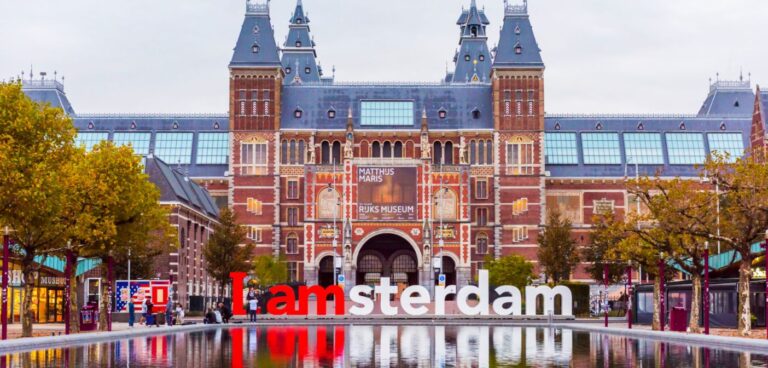Zero-emission zones for urban delivery traffic in the Netherlands are coming to at least 14 Dutch municipalities, with only fully-electric vans and trucks permitted entry into cities from 2025.
The announcement follows news that the 14 municipalities, transport companies and Dutch environment minister Stientje Van Veldhoven have signed an “urban logistics implementation agenda” that sets out numerous agreements on clean urban provisioning.
Van Veldhoven said that the new agreements would ensure that “within a few years, supermarket shelves will be stocked, waste will be collected, and packages will arrive on time, yet without any exhaust fumes and CO2 emissions”.
While 14 cities, including Tilburg and Amsterdam, have officially announced that they will implement zero-emission zones in 2025, this number is expected to rise to around 30 by this summer, due to being a provision set out in the national Climate Agreement.
Municipalities must, however, observe a minimum of four years notice when intending to implement such zones.
According to the Dutch government, so-called ‘transparent agreements’ will apply to all zero-emission zones, which aim to make the transition feasible for SMEs in particular.
From 15 March, grants of €5,000 will be available to help entrepreneurs switch to clean delivery vans or lorries. There are also plans for a similar subsidy programme for electric trucks that same month.
The announcement also claimed that existing collaborations with grid managers, provincial and municipal authorities were making “every effort to provide sufficient charging stations at locations where they are needed”.
Elisabeth Post, president of the Dutch Association for Transport and Logistics, called for “collaboration with all the parties involved”.
Post said she wants to further “consider the matter from a practical perspective. Where are charging stations required? And how can we efficiently join forces, for example, by combining goods on the outskirts of the city?”
The Dutch government has estimated that implementing zero-emission zones will save about one megaton of CO2 per annum by 2030 – equivalent to the total annual emission from natural gas consumption by all households in The Hague and Rotterdam combined.
It has also claimed that the Netherlands is the first country in the world to enable cities to implement zero-emission zones.





